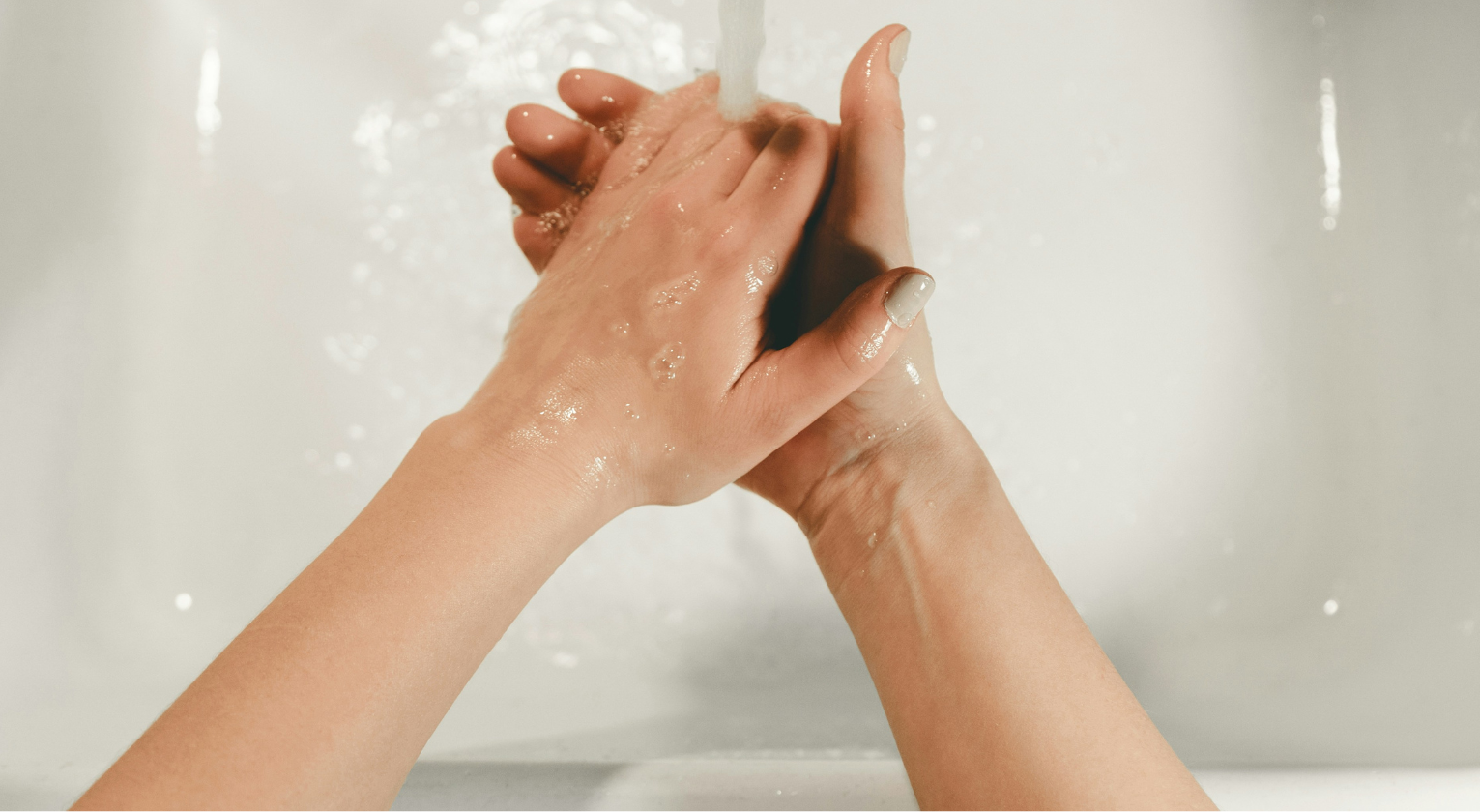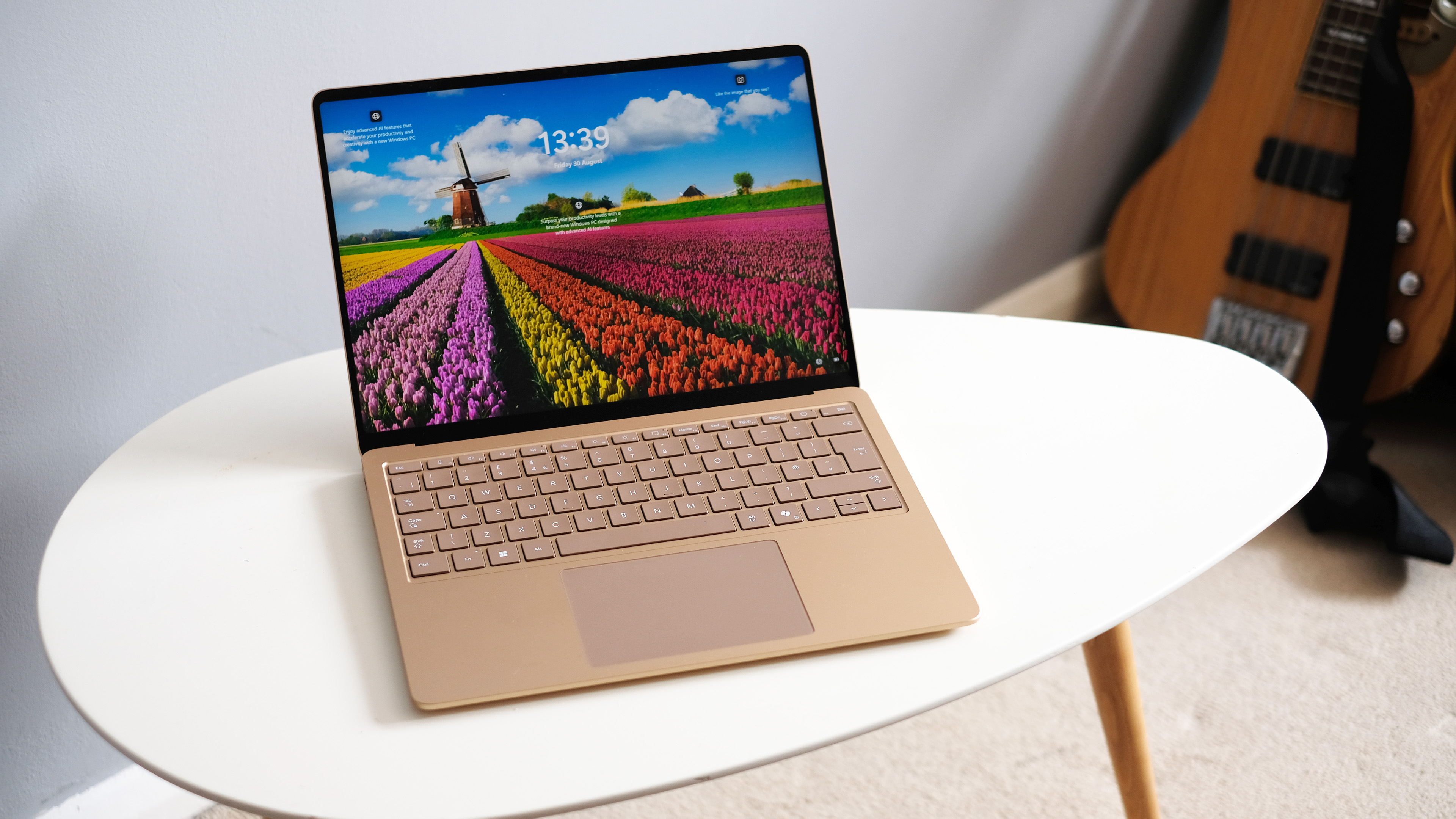

There's no denying that warmer temperatures are one of the best things about the summer months. There's nothing better than spending time outside with friends and family, especially when using one of the best barbecues or best hot tubs. However, activities like these also mean something else...an increased use of water.
Whilst there's a lot of advice out there about how to save money on energy bills, there's isn't much to do with reducing water bill costs. With this in mind, I spoke to Les Roberts, business comparison expert at Bionic, who shared his advice on how to do exactly that.
1. Make sure your water appliances are energy efficient
One mistake people make is using outdated, inefficient washing machines and dishwashers. The higher your appliance's energy efficiency rating, the less energy and water it will use to run, and the running cost will be much lower.
You can also improve the efficiency of your appliances in a number of ways. Running your washing machine on eco mode can slash the water usage by around 30%, and your clothes will still get a thorough clean because the cycle is longer.
2. Choose the dishwasher instead of hand washing
You might not believe this one at first, but stick with us whilst we explain why.
If you are washing dishes by hand and leaving the tap continuously running or filling up the sink multiple times, you'll end up using more water than the average dishwashing cycle would. Using your dishwasher in an efficient way will use much less water overall than hand washing every item thoroughly.
3. Reduce the temperature of your heated water
60°c is the optimum temperature for hot water, so if you’re running water that’s hotter, you'll be wasting a lot more than you intended.
Sign up to the T3 newsletter for smarter living straight to your inbox
Get all the latest news, reviews, deals and buying guides on gorgeous tech, home and active products from the T3 experts
Reducing the temperature of your water can reduce your energy costs, but make sure you know how to do this without risk of injury. The thermostat dial for a gas water heater is usually situated at the bottom of the tank whilst the dial on an electric heater may be behind a screw on panel.
4. Fix leaking taps
A dripping tap may not seem like a big issue, but it can waste a lot of water if left unfixed. Switching to a spray tap also reduces the amount of water coming through the tap, driving down usage and bills.
5. Consider switching to a water meter
A water meter charges you depending on how much water you use instead of a fixed rate. If your household is planning to take measures to reduce water usage, it could be worth considering getting one.
Contact your water company for more information. Bear in mind that if you have guests staying or a larger household your usage and bill is likely to be higher and a meter is best for a household with minimal water usage.
Interested in finding out more? Read about the 5 biggest tips for saving money during the cost of living crisis.

Lizzie is T3's Home Living Staff Writer, covering the latest in style, wellness and beauty tech. From skincare gadgets to vacuum cleaners, she's your go-to for trends and top recommendations.
When not writing, Lizzie enjoys mooching around Bath, spending time with loved ones, or testing her review units – often during an enthusiastic cleaning spree!
-
 I tried a Snapdragon feature that's a game-changer for Netflix, Amazon and more
I tried a Snapdragon feature that's a game-changer for Netflix, Amazon and moreMoises Live can isolate and enhance audio in real-time using the Elite X's NPU
By Mike Lowe
-
 Under Armour's new sneaker doesn't play by the old rules
Under Armour's new sneaker doesn't play by the old rulesIf this is the future of the brand, it's off to a running start
By Matt Kollat